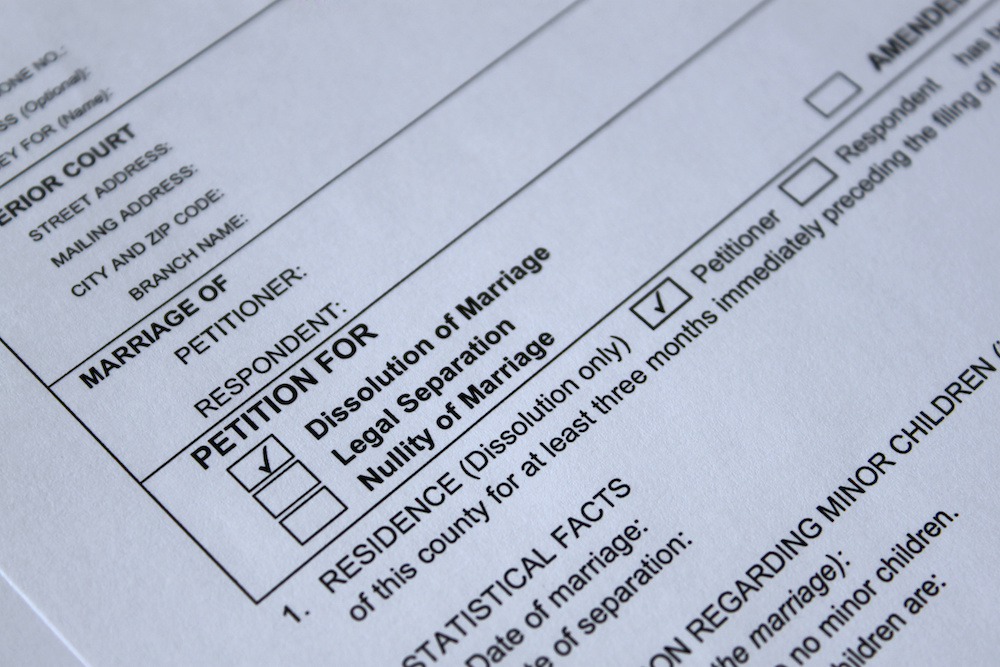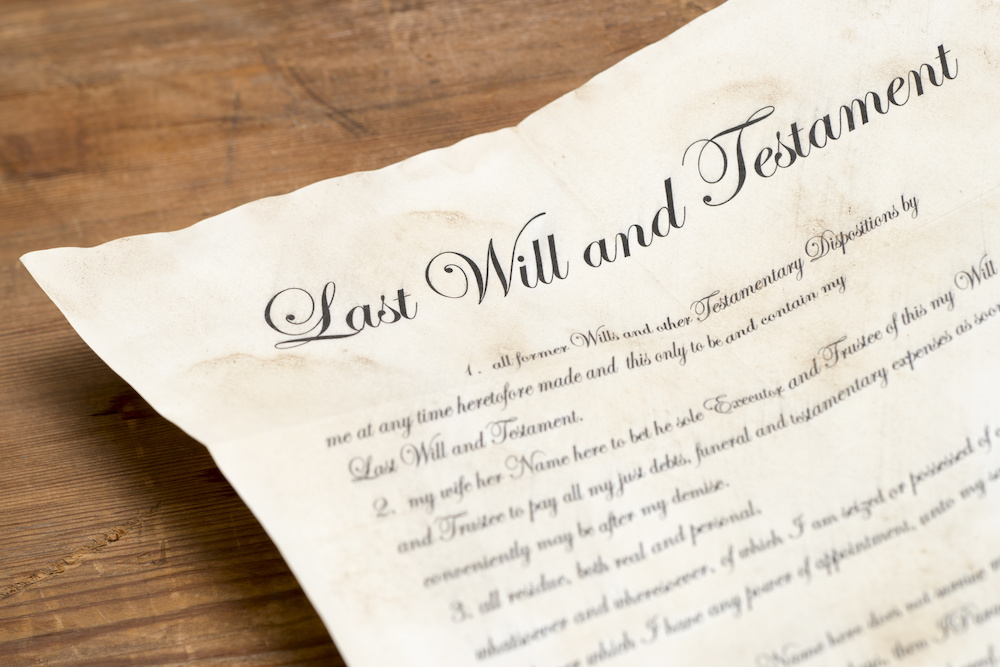
Despite the high incidence of divorce in the United States, choosing to end the spousal relationship won’t mean you can easily disinherit your spouse. However, the same does not hold true for other family members. For example, you can typically disinherit brothers and sisters, nieces and nephews, or even your very own children and grandchildren in your estate plan. However, in California, where Skvarna Law is based, you can’t intentionally disinherit your spouse unless that spouse agrees to waive their rights to your estate in a Prenuptial or Postnuptial Agreement.

Spousal Disinheritance Laws Vary by State
Unfortunately one set of rules does not govern the inheritance of surviving spouses. Instead, the laws governing spousal inheritance rights (referred to as “elective share laws” or “community property laws”) depend on the state where the descendent lives or owns property. These laws vary widely. Defined by state laws, the surviving spouse’s right to inherit often rely on one or more of the following factors:
- How long the couple was married;
- Whether children were born of the marriage;
- The value of assets included in the deceased spouse’s probate estate; or
- The combined value of an “augmented estate,” which includes the deceased spouse’s probate estate and non-probate assets.

For example, in Florida a surviving spouse may receive a portion of their deceased spouse’s estate, called the “elective share.” This share equals 30% of the deceased spouse’s “elective estate.” This includes the value of the deceased spouse’s probate estate and certain non-probate assets. These include several items payable on death and transfer on death accounts:
- Joint accounts
- The net cash surrender value of life insurance
- Property held in a revocable living trust
- Annuities and other types of retirement accounts (reduced by the deceased spouse’s debts)
Also, state laws vary widely regarding the time limit wherein a surviving spouse can seek their inheritance rights. This ranges from a few months to a few years.
Divorced Spouses: Act Quickly!

If your deceased spouse attempts to disinherit you, seek legal advice as soon as possible. Otherwise, the state law could bar you from enforcing your rights. An experienced estate planning attorney can help you weigh your options and protect your interests as a surviving spouse.
About Skvarna Law Firm in Glendora and Upland, California

A skilled attorney can assist with your estate plan. Contact us today to learn about your options (909) 608-7671. We operate offices in Glendora and Upland, California. We provide legal services for individuals living in San Bernardino, Los Angeles, Orange and Riverside Counties. This includes the cities of Upland, Ontario, Rancho Cucamonga, Fontana, Colton, Rialto, Chino, Chino Hills, Glendora, Claremont, Montclair, Pomona, La Verne, San Dimas, Azusa, Covina, West Covina, Diamond Bar, Walnut, La Puente, Corona, Norco & Mira Loma. Visit SkvarnaLaw.com to learn more.

